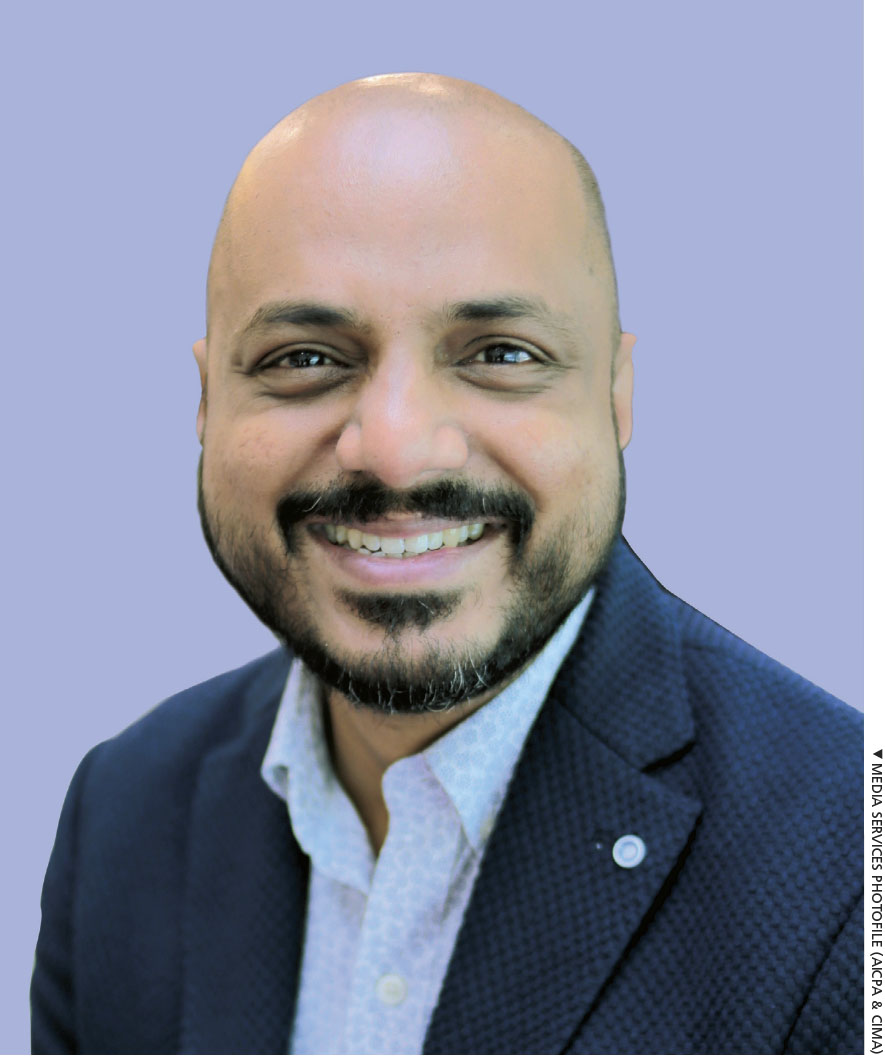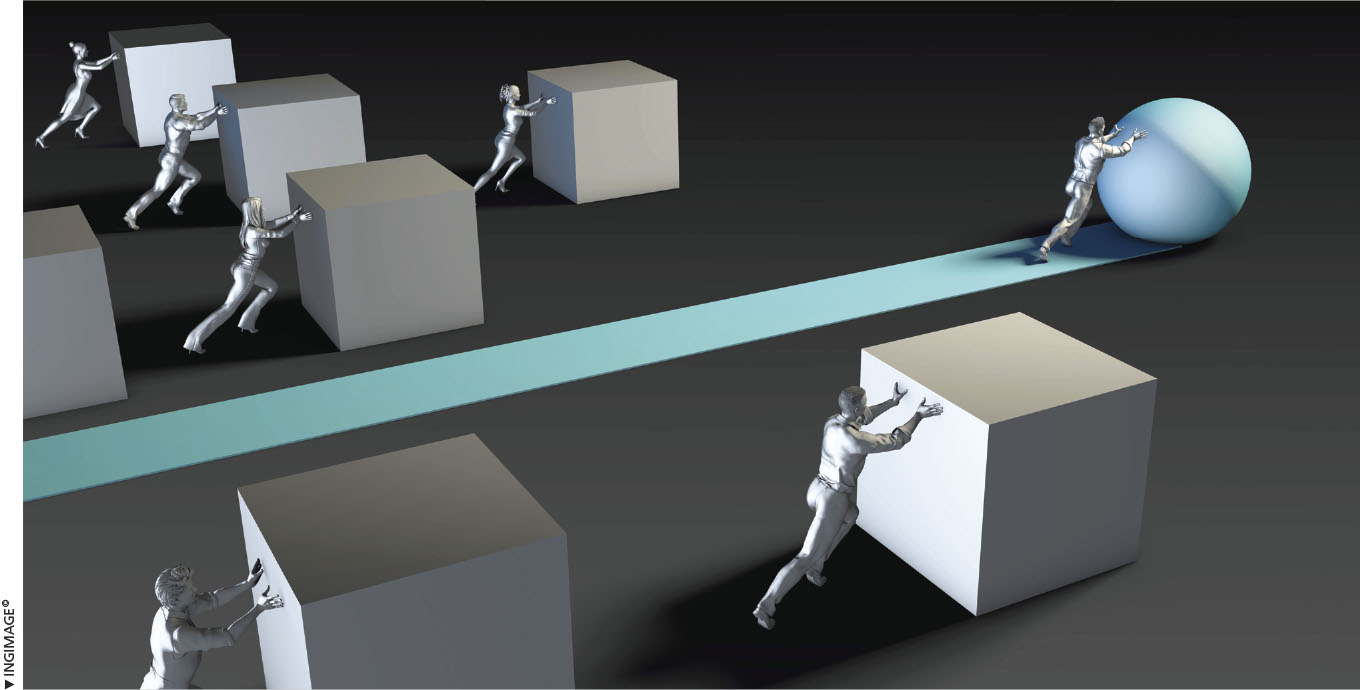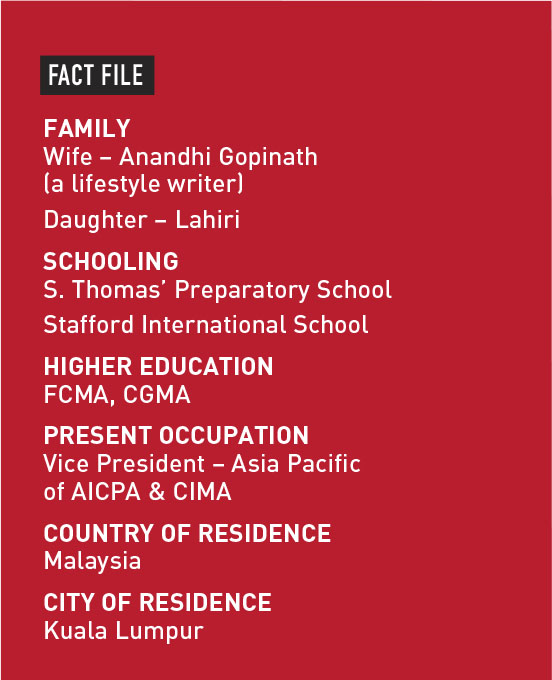Venkkat Ramanan
Productivity revolution in motion

Venkkat Ramanan serves as Vice President – Asia Pacific at American Institute of Certified Public Accountants (AICP) & Chartered Institute of Management Accountants (CIMA), where he is responsible for leading strategic initiatives to expand and drive the accounting and finance profession forward across the region.
With over 20 years of international experience in finance, technology and professional education, Ramanan is dedicated to fostering ethical leadership and advancing innovation.
He is a Chartered Global Management Accountant (CGMA), a Fellow of The Chartered Institute of Management Accountants (FCMA), and a Master Neuro-Linguistic Programming (NLP) Practitioner.
Committed to lifelong learning, he has completed an executive programme in environmental, social and corporate governance (ESG) and Sustainable Financial Strategy, developed by AICPA & CIMA in partnership with the University of Oxford’s Saïd Business School, as well as the Oxford Fintech Programme.

Q: Could you tell us about the key milestones in your career that led to your current role at AICPA & CIMA?
A: My journey with AICPA & CIMA – the world’s largest accounting membership body – began over 15 years ago, when I joined the Asia Pacific Learning and Development Team.
Having initially led operations in Malaysia and Southeast Asia, I’ve progressed to the role of Vice President – Asia Pacific.
As I grew within the organisation, I became increasingly inspired by the power of management accounting, not only for individual growth but also as a key discipline for helping businesses remain competitive.
Q: What are the most significant trends in management accounting in the Asia-Pacific region?
A: The management accounting profession in the region is evolving faster than ever before, driven by technological advancements, a greater focus on sustainability and the complexities of global operations.
One major trend is digital transformation, where technologies like AI, cloud computing and robotic process automation (RPA) are automating routine tasks, enabling management accountants to provide strategic insights and predictive analyses, and enhancing their role as trusted advisors.
Another key development is integrated thinking, where management accountants connect financial data with non-financial information and offer holistic insights that contribute to strategic decision making.
Navigating regulatory, diversity and operational challenges in the region is increasing in importance. To do so, management accountants need to expand their expertise in local compliance requirements and financial practices.
Lastly, the ability to translate complex data into compelling narratives is crucial for effective communication and building better relationships with business partners.
Q: And what skills do you believe are essential for aspiring management accountants today – especially in the context of rapid tech advancements?
A: Management accountants must embrace data and analytics as a strategic asset. By doing so, less time is spent on routine tasks – and more time is spent on delivering actionable insights, supporting decision making and driving execution.
Another area management accountants should focus on is technology and digital skills. Developing competencies related to the latest technologies, automation and AI will help streamline processes, enhance accuracy and generate real time insights.
It will also help with adopting a strategic approach to meeting business needs, supporting integrated thinking, enhancing strategic decision making and driving innovation.
Lastly, management accountants shouldn’t overlook the importance of job performance skills such as empathy, communication, critical thinking, problem solving and collaboration.

Q: In your assessment, how important is ethical decision making in management accounting?
A: Management accountants sit at the heart of business and economies – they’re the gatekeepers of their organisations; and they are obligated to provide stakeholders with trustworthy and reliable information.
For economies to thrive, the adoption of good business practices, a strong accounting and finance profession, and adherence to laws and ethical standards are essential. Without these attributes, investment falters, businesses fail and opportunities are lost.
Therefore, the keystone of the accounting and finance profession is trust along with ethical integrity as its important tenet.
Q: How does the economic and regulatory environment in the Asia-Pacific region impact management accounting compared to other parts of the world you’ve worked in?
A: The economic and regulatory environment in the Asia-Pacific region presents specific challenges and opportunities for management accountants.
For example, the diverse regulatory frameworks and rapid economic growth across the region require a dynamic approach, contrasting with more standardised and stable regulatory environments in Europe or North America.
Management accountants must navigate varying tax policies, reporting standards and compliance requirements, while staying informed about local and global regulatory shifts.
In addition, the fast-paced economic expansion demands agility and foresight, to adapt business strategies and operations and balance regional nuances with global best practices.
Despite these challenges, management accountants in the region can add strategic value by optimising cross border operations and leveraging regulatory changes, to align with global trends like sustainability reporting and digital transformation.

Their ability to navigate regulatory diversity and align local practices with global standards makes them indispensable in the region’s evolving landscape.
Q: What initiatives do you believe are essential for developing management accounting professionals here in Sri Lanka?
A: Developing management accountants in Sri Lanka will help grow the economy.
This can be achieved by providing young people with opportunities to familiarise themselves with the profession through partnerships between educational institutions and businesses.
Finally, professionals should be encouraged to embrace lifelong learning, which is critical for staying up to date with related trends, adapting to change and gaining new skills to remain competitive.
Q: What unique challenges do Sri Lankan management accountants face in the global job market – and how can they position themselves for success?
A: I think it’s fair to say that in the past few decades, Sri Lankan management accountants have made good progress globally by excelling in their education and professional lives, and earning a reputation for competence and resilience along the way.
This is exemplified within our own organisation, having had three CIMA presidents hailing from Sri Lanka and thousands of members building successful global careers.
Despite these advancements, Sri Lankan management accountants continue to face unique challenges in today’s global business environment. These include technology adoption, sustainability reporting and regulatory compliance, which can create skill and competency gaps for those aspiring to pursue international careers.
To overcome these challenges, they can pursue globally recognised qualifications such as the CGMA designation to enhance their credibility – and where possible, I would recommend that they gain international experience through different roles and projects.
However, this alone isn’t sufficient – they must dedicate time to their professional development and cultivate skills to navigate the complexities of modern global businesses.

Q: How do you see the role of international accounting standards evolving – especially in emerging markets?
A: Before the pandemic hit the world, emerging technologies and changing stakeholder expectations driven by ESG issues were pushing finance teams to broaden their roles and become more agile.
However, since late 2022 change has accelerated exponentially through the advancement of technologies such AI, RPA and machine learning.
The combination of these technologies, human capabilities and technical skills is set to drive a productivity revolution for the profession.
As the structure of the profession changes, management accountants face new opportunities and threats. By adapting and upskilling, they can focus on activities that drive performance, offer strategic insights and foster long-term value creation, putting themselves in the driving seat of their companies’ strategic decision-making processes.

